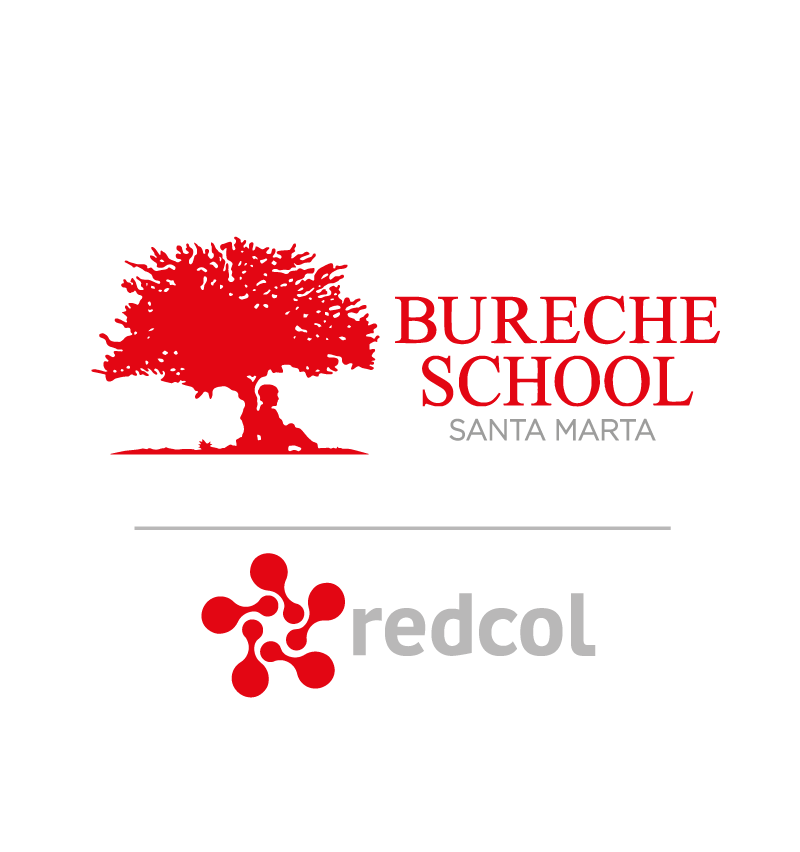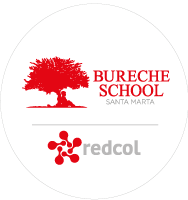
All disciplines have advanced in their epistemological, conceptual, and practical proposals of how to approach reality and current problems. From scientific research, case studies, and data, changes have been generated in the areas of health, applied sciences, and social sciences.
Education is not an exception. For several decades, different theorists in psychology and education have been exploring innovative proposals in the face of traditional ones, based on an education focused on content, in classrooms in which teachers are the only ones who speak and direct student learning. In many cases, these school contexts demonstrate not only the academic failure of our students, but even more worryingly, their lack of motivation to learn.
Those of us who have children, close experiences with children or young people, or have dedicated our professional lives to education, know that from a young age children are curious, want to learn, like to know how the world around them works, and are surprised by physical and social phenomena. From a very young age, they ask, explore, question, create, and surprise us with the way they express and become aware of their learning.
If school institutions understand that children and young people have this attitude by nature and that education is a science that has evolved, we must create learning scenarios according to the way they learn and take advantage of this motivation from which, surely, we will obtain better results and our task will make more sense.
We need more active learning proposals in which the student is the center and in which the teachers really are professionals in education who know and put into practice the best methodologies at the appropriate moments of development so that they are more effective. Teachers who recognize that teaching does not end in the classroom, who understand that learning is a social event and that, therefore, collaborative work, adult support, materials, and scenarios to share learning are fundamental.
Every time I attend events on education, either nationally or internationally, there is talk of skills for the 21st century, and I ask myself: all of us who are in those settings, listening for years, sharing and affirming that education has to change, what are we doing in our schools to develop these skills? It is important to realize that the education of future generations is vital for today's world.

This means not only sharing or repeating a speech, but making decisions and taking true administrative, educational, and practical action to ensure that our schools' pedagogical practices are focused on the needs of our students--innovative practices that allow the development of those skills that the world demands today.
Teamwork, leadership, conflict resolution, flexibility, resilience, management and use of information and technology, emotional intelligence, and critical thinking are some of the skills and competencies that our students must develop from a young age.
It is no longer enough to know how to repeat, locate, write, be organized, and obey. It is essential to understand, collaboratively build, solve problems, and risk hypotheses without fear of being wrong. It is about knowing how to express ourselves, being able to interpret information, being creative, developing a sense of responsibility, and making good decisions based on the construction of values that allow us to be better human beings.
Yes, education is about humanity, caring for one another, and developing life skills. Parents and educators have an immense task. For this reason, my invitation is to train ourselves and create educational scenarios where change transforms the classroom, where we are all leaders and support innovative educational practices that will bring so much good to our children and students.
To achieve this, it is time to do the task in the spaces that correspond to us, some in the context of the family, others in our educational institutions, but let's do it well. Our children and young people deserve the opportunity to have scenarios that allow them to achieve their maximum development potential so that when they graduate, they have the tools, competencies, and skills that will allow them to face evolving and challenging global contexts.
♠ Author: Carolina Henríquez G. - Bureche School Principal


